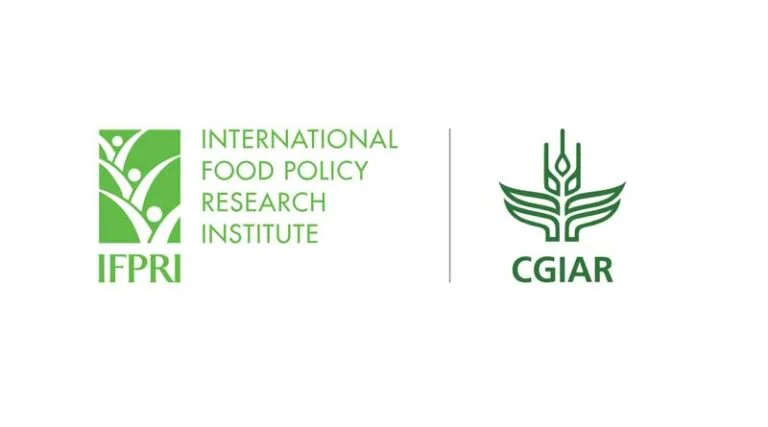
New Study Finds Behavior Change Communication And Nutrition Supplements Can Help Prevent Relapse From Child Wasting
01 August 2025, USA: A new study by researchers at the International Food Policy Research Institute (IFPRI) provides evidence that children who recover from wasting remain at high risk of relapse, and that preventative interventions—behavior change communication on nutrition, health, and water, sanitation, and hygiene topics, and small-quantity lipid-based nutrient supplements—may substantially reduce this risk when targeted to children during or after treatment for wasting.
The study, published in The Journal of Nutrition, used longitudinal data from two cluster-randomized trials in Burkina Faso and Mali, the PROMIS (Innovative Approaches for the Prevention of Childhood Malnutrition) project. It is among the strongest analyses to date on the frequency and determinants of relapse after successful treatment for wasting in low-resource settings.
“Children treated for wasting are not necessarily out of danger after recovery,” said lead author Rebecca Brander, Research Fellow at IFPRI’s Nutrition, Diets, and Health Unit. “Our findings show that these children constitute a particularly vulnerable group that requires continued support to achieve sustained recovery.”
Why do children relapse after recovering from wasting?
Outpatient wasting treatment programs typically prioritize rapid weight gain using high caloric foods to reach anthropometric recovery as soon as possible. However, they rarely address the underlying determinants of wasting—such as poverty, household food insecurity, inadequate sanitation and hygiene, and suboptimal infant and child feeding practices. As our study demonstrates, when children are discharged from treatment and face the same poor environments and infant and child feeding practices, they are likely to relapse.
Key findings
- In the six months following recovery from wasting, relapse incidence was alarmingly high: 2.6 episodes per child-year in Burkina Faso and 1.6 episodes in Mali. Over half of the children in both countries experienced at least one relapse during this period (61.5% in Burkina Faso and 49.4% in Mali).
- Optimal infant and young child feeding practices—such as meeting minimum meal frequency and consuming iron-rich foods—were strongly associated with lower relapse risk in both countries.
- Receipt of counseling after treatment and recovery was linked to a 49% and 74% reduction in relapse risk in Burkina Faso and Mali, respectively. Similarly, provision of nutrient supplements after treatment and recovery was associated with a 67% and 57% reduction.
The findings underscore the importance of integrating relapse prevention into national protocols for managing child wasting. Preventive interventions such as counseling that includes topics on optimal feeding practices and appropriate use of nutrient supplements, when delivered after recovery, may offer a promising strategy to improve long-term outcomes.
“The evidence is clear: investing in follow-up care and preventative services after treatment can help children stay healthy and thrive,” said Lieven Huybregts, Senior Research Fellow at IFPRI and senior author on the paper. “This is a critical step toward reducing the global burden of wasting and achieving sustained progress in child nutrition.”
“These findings reinforce what our teams have witnessed on the ground—that recovery from wasting is only the beginning. Providing families with continued support through counseling and nutrition supplements is essential to prevent another wasting episode,” said Shawn Baker, Helen Keller Intl. “We are proud to have partnered with the Canadian government, the governments of Burkina Faso and Mali, and IFPRI on the PROMIS initiative to deliver integrated services that prevent malnutrition in the first place, and help prevent it from coming back after a child becomes malnourished.”
Also Read: FMC Corporation Reports Second Quarter Results at High End of Guidance Range
📢 If You’re in Agriculture, Make Sure the Right People Hear Your Story.
From product launches to strategic announcements, Global Agriculture offers unmatched visibility across international agri-business markets. Connect with us at pr@global-agriculture.com to explore editorial and advertising opportunities that reach the right audience, worldwide.






